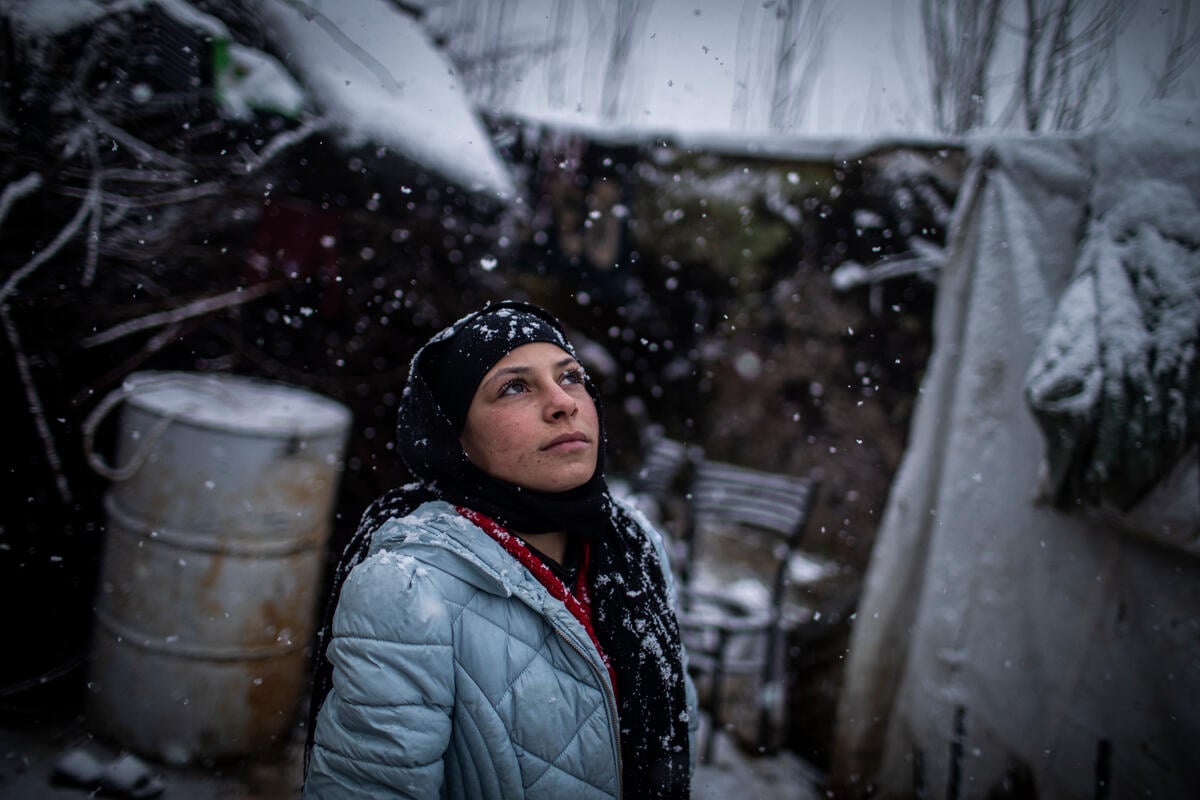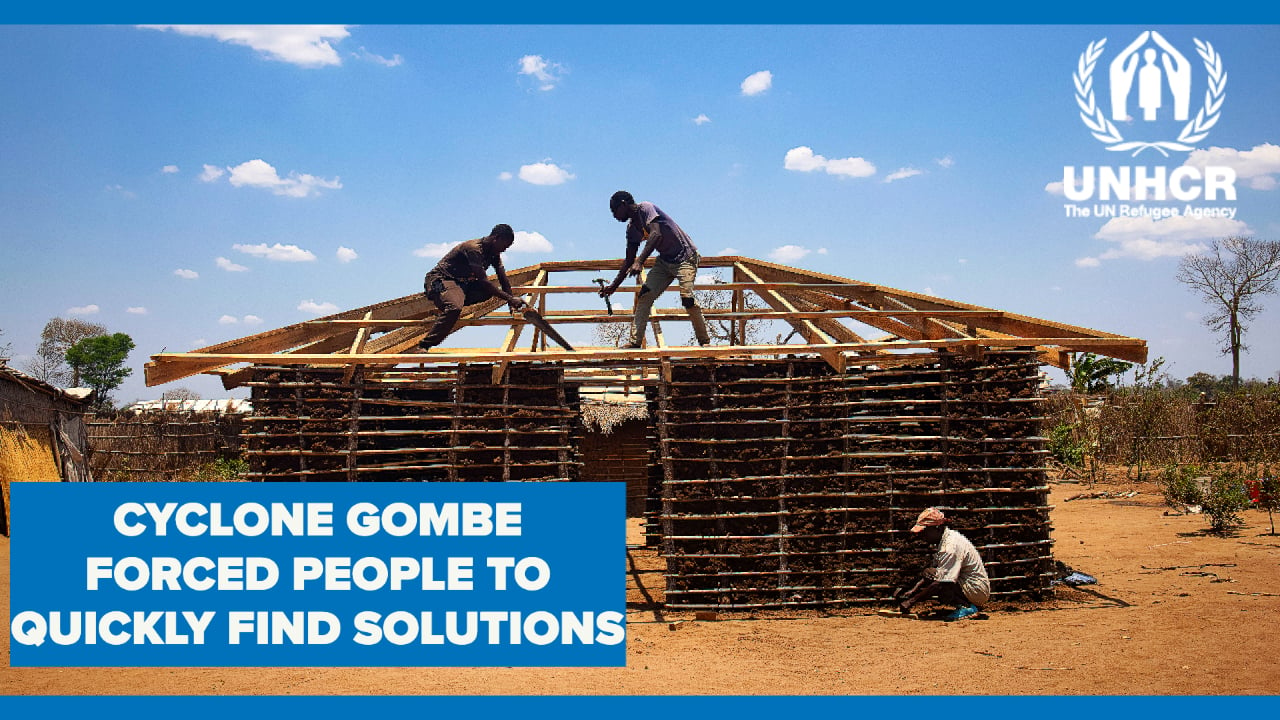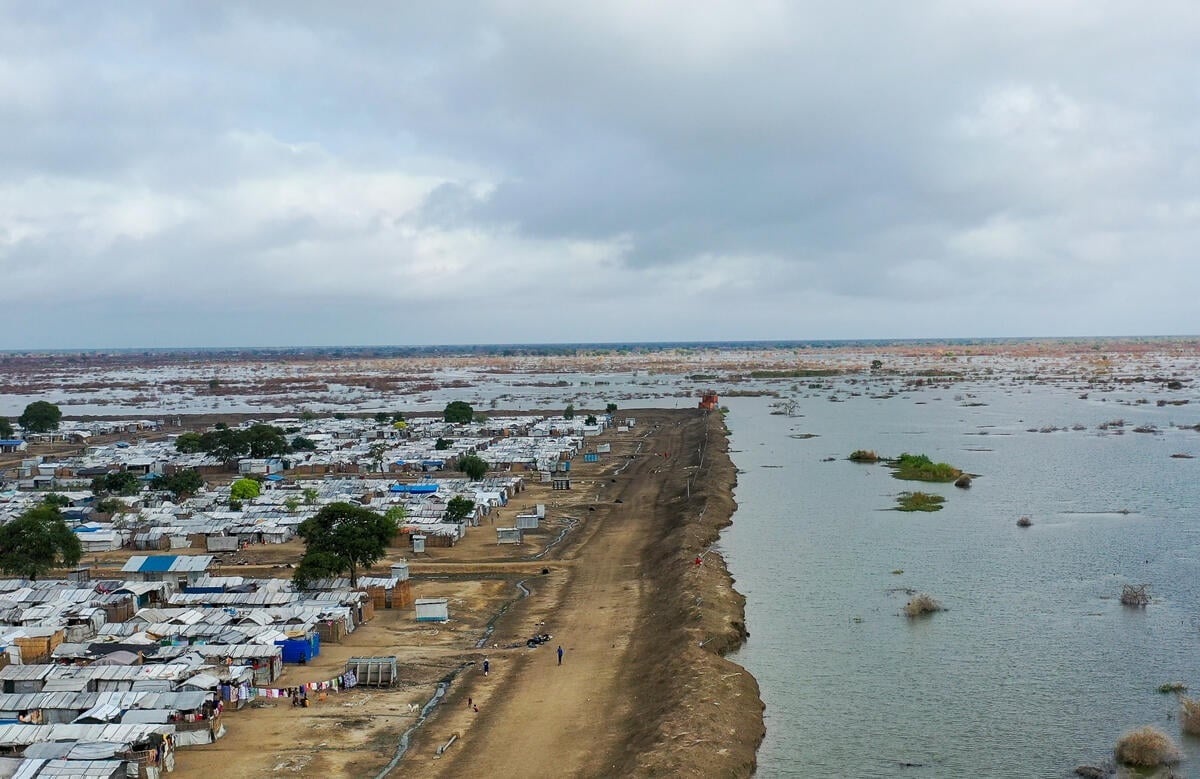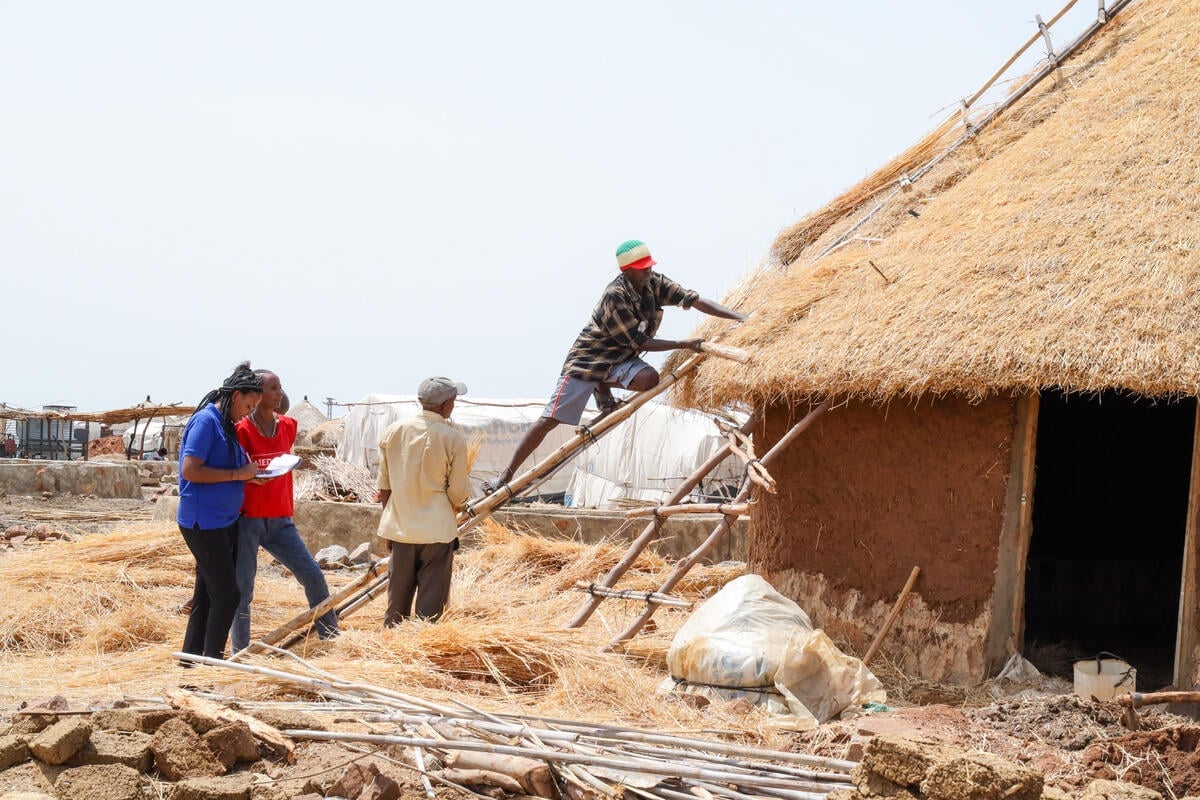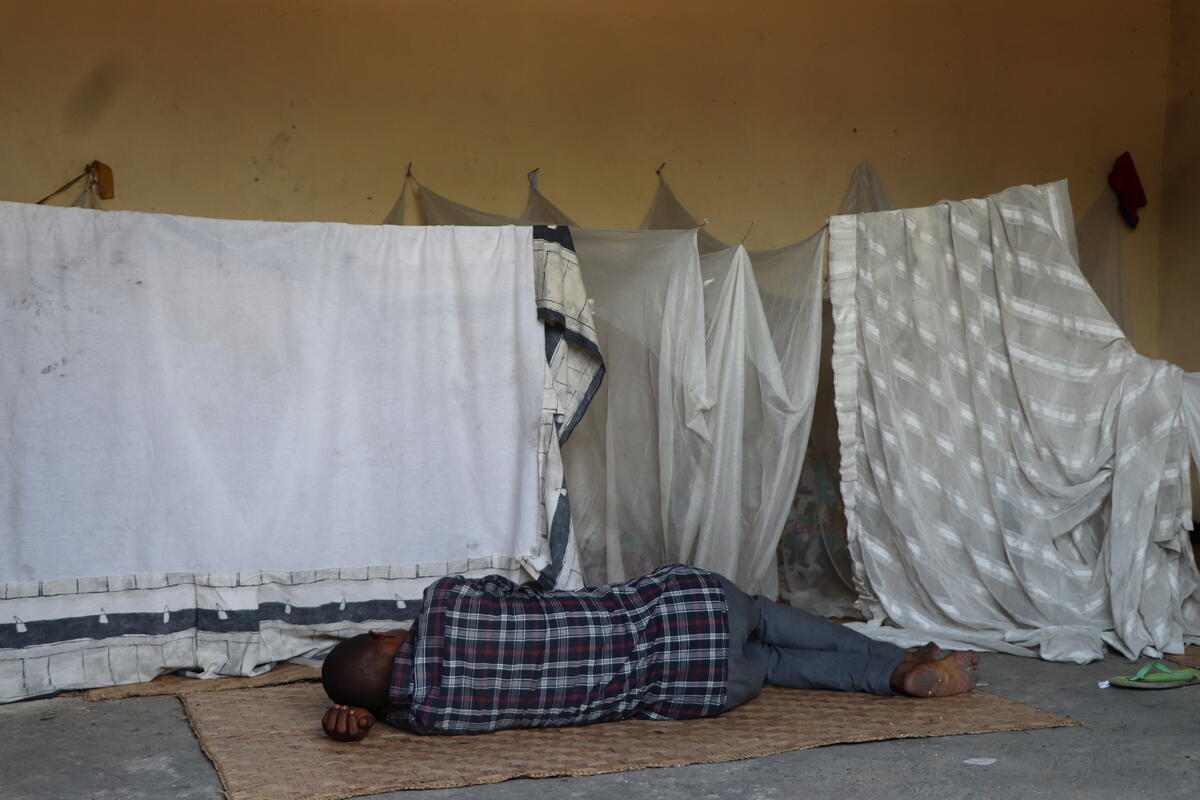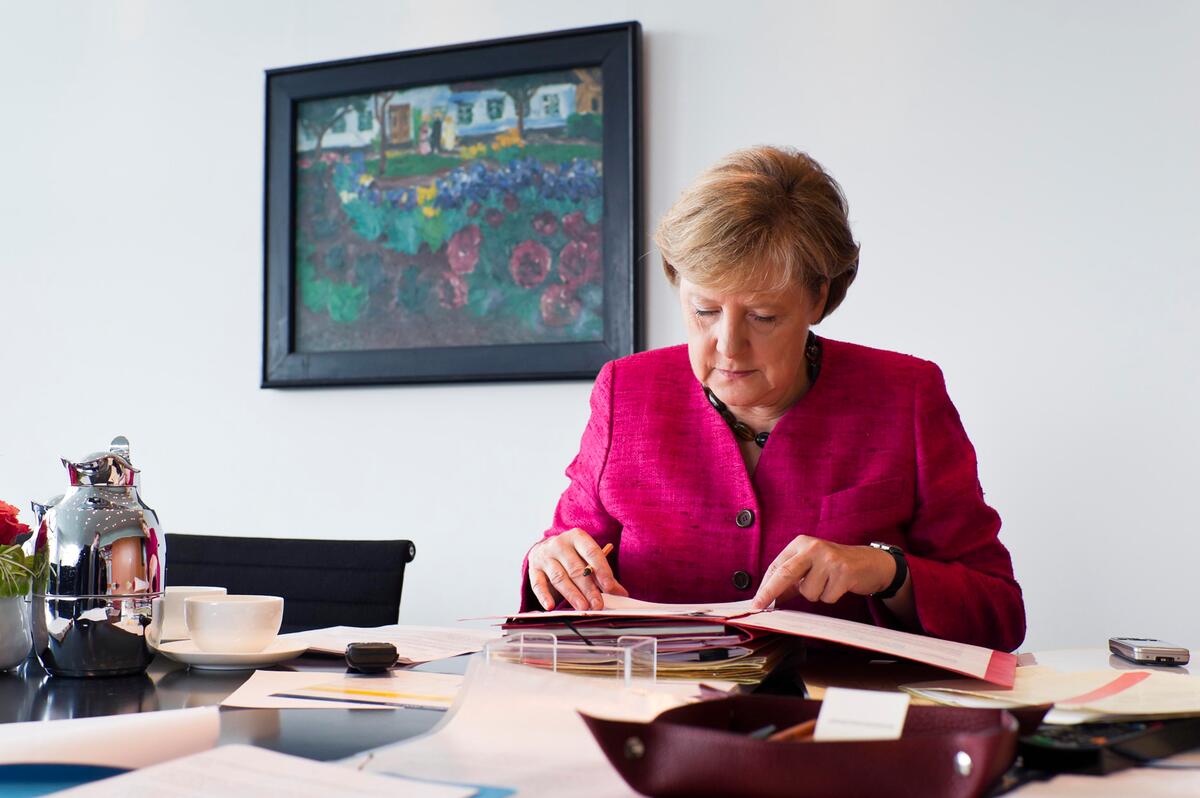A Family in Five Countries

A Family in Five Countries
Now Hag Salah waits from afar for news of his loved ones.
Hag Salah is one of the first Syrians to invite me inside his "caravan," the prefabricated shelter he shares with his wife and four of their children in Jordan's Za'atari refugee camp.
I find him smoking a Gitanes cigarette, parked in his wheelchair, alone in the slim shadow outside his new home. He waves me over and tells me he's willing to share a sliver of his story.
His wife wheels him across the rocky terrain to the doorway, where two teen-age sons prepare to lift him inside and help him settle onto a thin mattress. Despite their best efforts, the movement pains Hag's crippled legs and brings a strain to his face.
Hag lights up another cigarette and tells me that all he wants to do is return home. "I have a son in Syria and I call him nearly every day to see if it's safe to go back," he says, clutching his mobile phone. But they both know that a safe return is not likely in the foreseeable future. And Hag, 70, doesn't know how much longer he can wait.
With intense fighting in their native city of Dara'a, Hag and most of his family had no choice but to leave. The same violence that's still devastating his city is what forced this tightknit family to make some tough decisions. In three short days, they were torn apart and spread across five different countries.
"I have a son in Syria and I call him nearly every day to see if it's safe to go back."
Under different circumstances, Hag might be proud to have such a cosmopolitan family. Instead, he feels terribly anxious. "This was not a rational decision," he tells me. "There was no time to sit down and plan how we would leave. It just happened."
Only one of his children had a passport, so she left first – destination Saudi Arabia. Another daughter had connections in Lebanon, so she left next. A third fled to Egypt, where she had friends. Two others decided to risk their lives and remain in Syria, while Hag's wife and their four other children headed for Jordan, struggling to push their wheelchair-bound patriarch to the border. A bus took them to the desert camp that is Za'atari. That was five months ago.

Because of Hag's handicap, they were among the first refugees to trade their tent for a caravan. Seated there on his mattress, Hag casts a warm and endearing smile. But when he speaks, his words betray his calm facade. He tells me that before his family was separated, he lost two sons in the war. As a bereaved father in exile, his grief is compounded by the burden he feels because of his handicap.
"I am in bad shape. My family is scattered everywhere and I can't keep track of what they are doing. How can I stop myself from being upset?"
He can't afford costly international phone calls. Phone in hand, he awaits news from any of his five children abroad.
"It's normal to feel like this when you have become dead weight. I am dependent on people like my wife to push me around in a wheelchair."
It's agonizing to hear this man feel so helpless. A man who feels like he can't support his family, or even himself. Life is hard enough in Za'atari, but Hag views his handicap as an extra weight on his family. I'm convinced they see it differently. In the afternoon we spent together, I saw again and again how they rallied around him to ensure his comfort and preserve his dignity. This man is loved. Anxious, but loved.



